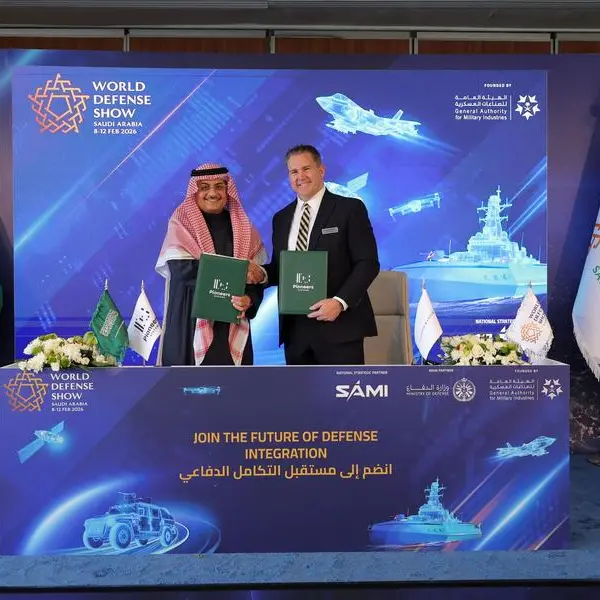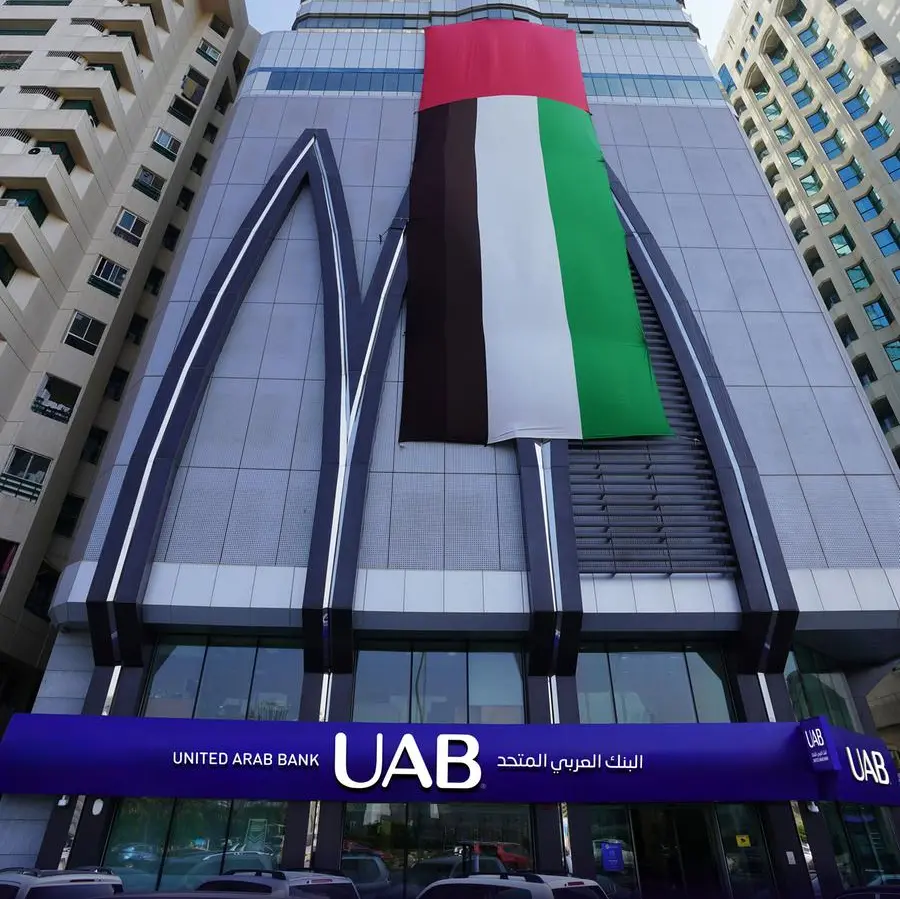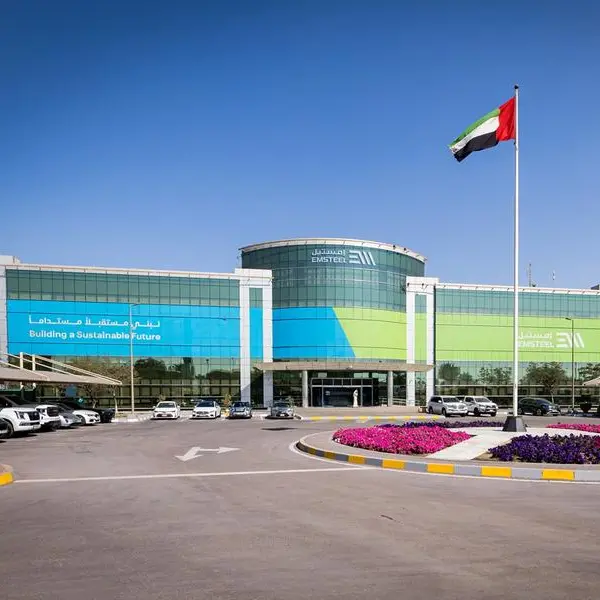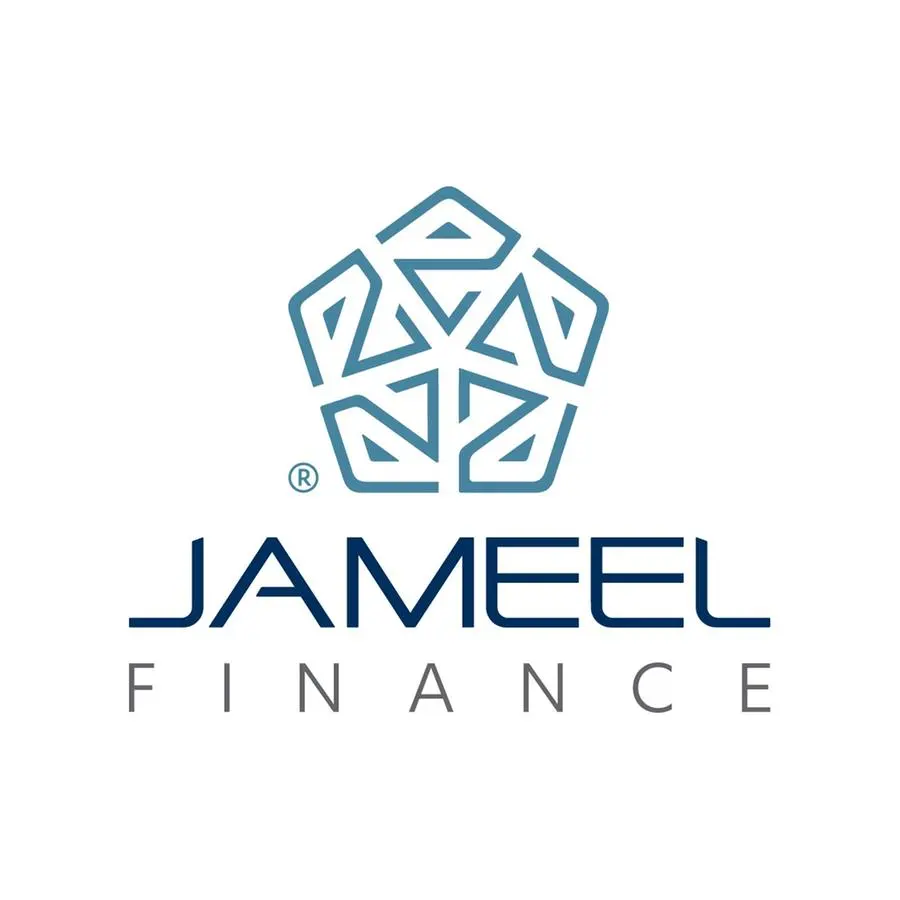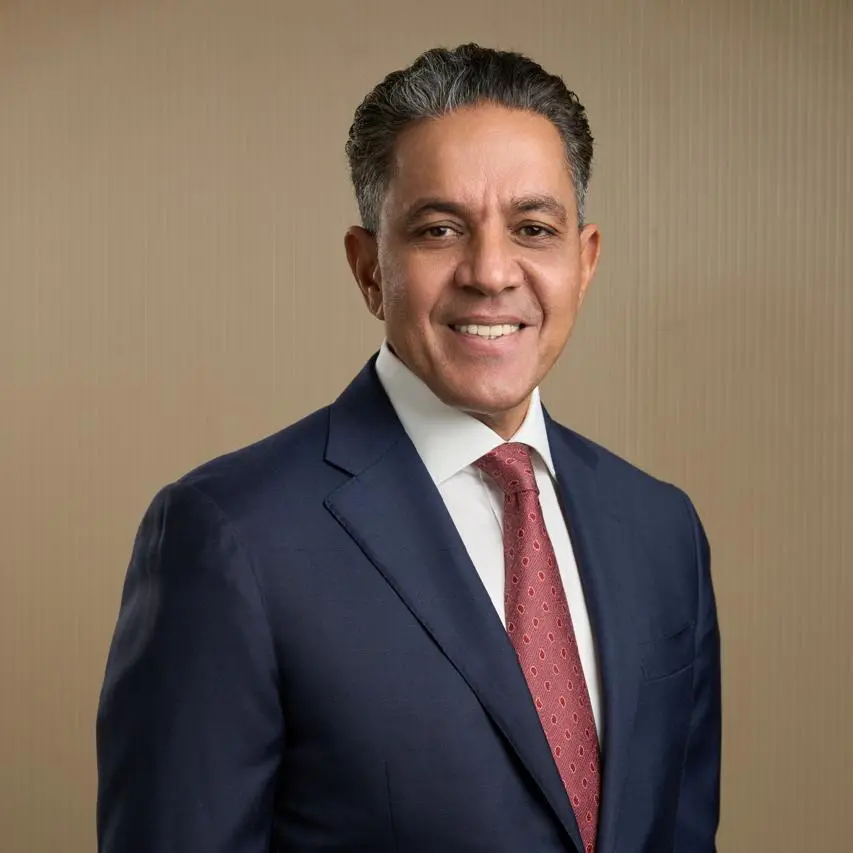IBA CEIF along with HDC (Halal Development Council) Pakistan and in partnership with Dinar Standard, a US-based research, and advisory firm hosted a Pakistan launch event of the State of the Global Islamic Economy Report (SGIE) 2020/21 on December 30th, 2020 at IBA with a theme of ‘thriving in uncertainty’. Launched in 2013, the eighth edition of the report is supported by Dubai Islamic Economy Development Centre (DIEDC) and presents an annual update on the Islamic Economy - encompassing halal products, Islamic finance, and lifestyle sectors and services.
This year’s report, estimates that Muslims world-wide spent US$2.02 trillion in 2019 on halal lifestyle-related food, pharmaceuticals, cosmetics, modest fashion, travel, and media sectors. While this spending reflects 3.2 percent year-on-year growth, Muslim spending in 2020 is forecast to contract by 8 percent due to the impact of the pandemic. However, spending, excluding travel, is forecast to rebound by the end of 2021 and is slated to reach US$2.3 trillion by 2024, at a cumulative annual growth rate (CAGR) of 3.1 percent. Islamic finance assets are estimated to have reached US$2.88 trillion in 2019 and are estimated to remain at the same level in 2020. Pakistan’s domestics Muslim consumer spend on halal relevant sectors was estimated at $120 billion in 2019 which is the 6th highest globally.
In the report’s Global Islamic Economy Indicator that covers 81 countries this year — Malaysia, Saudi Arabia, the UAE, Indonesia, and Jordan lead the rankings. Pakistan moved up one rank to take the #8 spot.
In his welcome speech, the Executive Director IBA Dr. S Akbar Zaidi said that IBA CEIF was setup in Dec 2015 with the help of State Bank of Pakistan to promote Islamic banking and finance. Now the Centre is also working to promote the halal economy. IBA has launched its MS Islamic Banking and Finance in 2017 to provide human resources to the Islamic finance industry. IBA CEIF provide trainings to industry professionals, Shariah scholars, and board members of financial institutions. Lately, the Centre conducted seminars on halal food and research on halal industry prospects in Pakistan is undergoing. The First Islamic Finance country report of Pakistan was published by IBA CEIF in collaboration with IRTI and Thomson Reuters 2016. First NBFI and Modaraba Sector country report 2020 will be launched next month. This report is written by IBA CEIF and NBFI & Modaraba Association of Pakistan
IBA always took lead when it comes to industry research, training of human resource and support to various institutions with reference to the Halal economy with a special focus on Islamic business and finance. He further mentioned that Islamic banking is growing rapidly and so far, there are 22 Islamic banking institutions that include 5 full fledge Islamic banks namely Meezan, Dubai Islamic Bank, BankIslami, MCB Islamic, and Albaraka. Islamic banking has over 16% of assets in the total banking industry in Pakistan. The State Bank of Pakistan is committed to take the Islamic banking assets market share to 25% by 2023.
Dr Ishrat Hussain Advisor to PM on Institutional Reforms & Austerity stated that a valuable contribution has been made by issuance of this report. He further mentioned that 80% of the Halal market is held by non-OIC countries and that we should ask this question why is this happening. He further mentioned Pakistan is lacking behind in halal market due to the following reasons:
- Absence of robust regulatory framework for hygiene, sanitation, and for the food industry
- Lack of international standards on identification, traceability, validation, verification and quality control
- Reluctance on part of market players to brand
- Raw materials of pharma products are imported
- Inadequate supply chain
- Rising domestic demand has made the domestic market more productive
- Lack of skilled manpower
- Marketing efforts are sporadic.
If the above factors are addressed, then Pakistan and other Muslim countries can reap the benefits and be the major players of this 2 trillion-dollar industry.
Mr. Ahmed Ali Siddiqui, Director, Center of Excellence in Islamic Finance, Institute of Business Administration (IBA-CEIF), said that the total volume of Islamic economy is estimated at USD 5 trillion with a major share of Islamic finance which is around USD 2.8 trillion. Moreover, Islamic finance is the common platform for all the sector of Islamic economy including food, pharma, media, tourism because it is important that all these industries are obtaining financing in a Shariah compliant manner.
Mr. Asad Sajjad, CEO, Halal Development Council (HDC) Pakistan, said: “The global halal food, pharmaceuticals and cosmetics is at $255 billion in exports and presents Pakistani exporters with a tremendous opportunity to tap into. Currently, our exports in this segment are a mere $2.6 billion (est in 2019) which is only 1% of this opportunity. With a strategic focus on these export markets, we can certainly grow our exports. Modest fashion sectors is another area where Pakistani exporters can expand into.”
Abdulla Mohammed Al Awar, CEO of Dubai Islamic Economy Development Centre (DIEDC), said: “The SGIE Report is an annual publication that has gained traction as a trusted and ready reference on the global Islamic economy, and contributes to strengthening Dubai’s position as the global capital of Islamic economy. In these uncertain times, the Islamic economy, with its ethical and transparent ecosystem, remains a pillar of strength and a guarantee for a better future.”
Rafi-uddin Shikoh, CEO and Managing Director of DinarStandard, said: “This year’s SGIE Report highlights the emerging opportunities for Pakistan that stand out amidst the repercussions of COVID-19. The 33 ‘signals of opportunities’ identified in the Report, include the tokenization of sukuks within Islamic fintech and accelerated digital transformations across all sectors prompted by the COVID-19 pandemic."
The launched event was successfully moderated by Dr. Irum Saba from IBA.
The SGIE report also continues to highlight Islamic economies’ social impact developments in addressing the United Nations’ Sustainable Development Goals (SDGs) including initiatives addressing the exacerbated poverty and food security crisis from the COVID-19 pandemic.
The SGIE report 2020/21 has been produced in partnership with SalaamGateway.com, the largest Islamic economy news, and media platform.
© Press Release 2021
Disclaimer: The contents of this press release was provided from an external third party provider. This website is not responsible for, and does not control, such external content. This content is provided on an “as is” and “as available” basis and has not been edited in any way. Neither this website nor our affiliates guarantee the accuracy of or endorse the views or opinions expressed in this press release.
The press release is provided for informational purposes only. The content does not provide tax, legal or investment advice or opinion regarding the suitability, value or profitability of any particular security, portfolio or investment strategy. Neither this website nor our affiliates shall be liable for any errors or inaccuracies in the content, or for any actions taken by you in reliance thereon. You expressly agree that your use of the information within this article is at your sole risk.
To the fullest extent permitted by applicable law, this website, its parent company, its subsidiaries, its affiliates and the respective shareholders, directors, officers, employees, agents, advertisers, content providers and licensors will not be liable (jointly or severally) to you for any direct, indirect, consequential, special, incidental, punitive or exemplary damages, including without limitation, lost profits, lost savings and lost revenues, whether in negligence, tort, contract or any other theory of liability, even if the parties have been advised of the possibility or could have foreseen any such damages.
